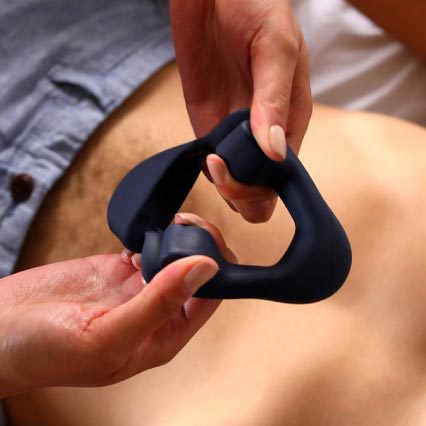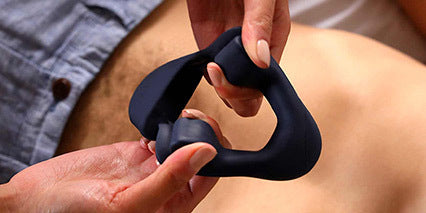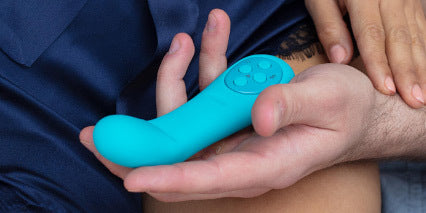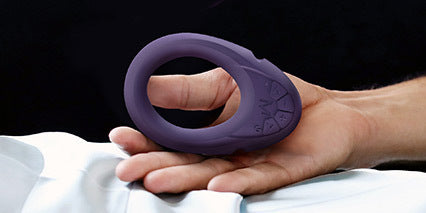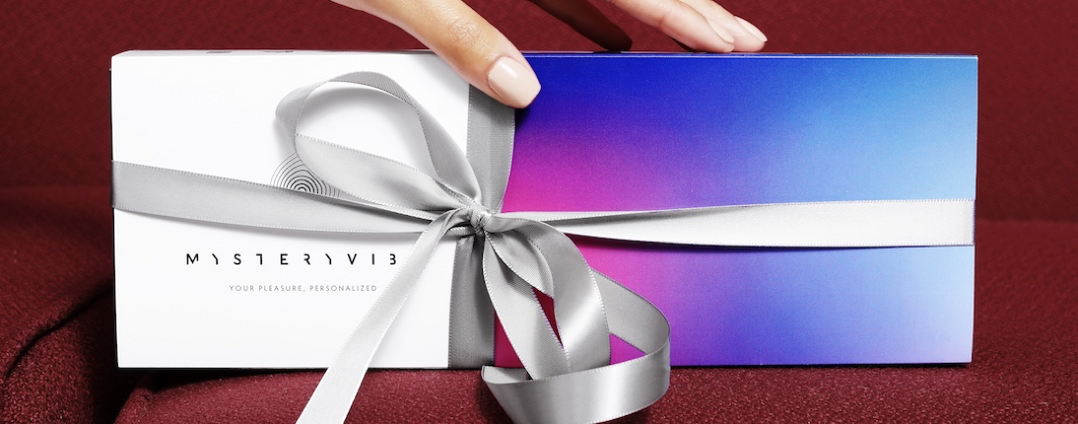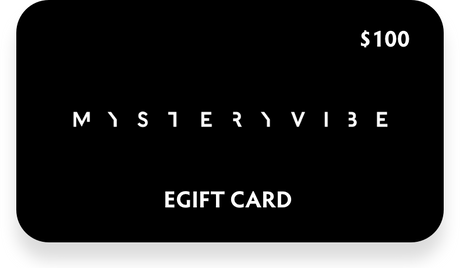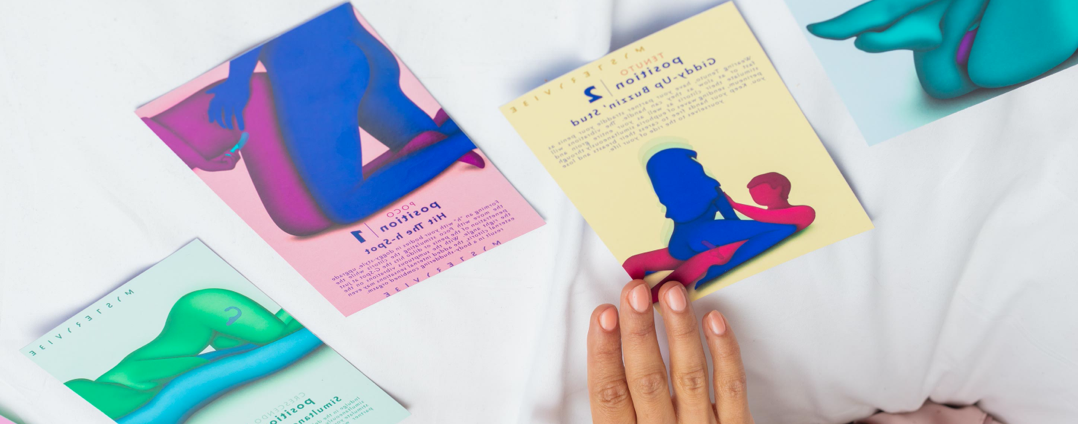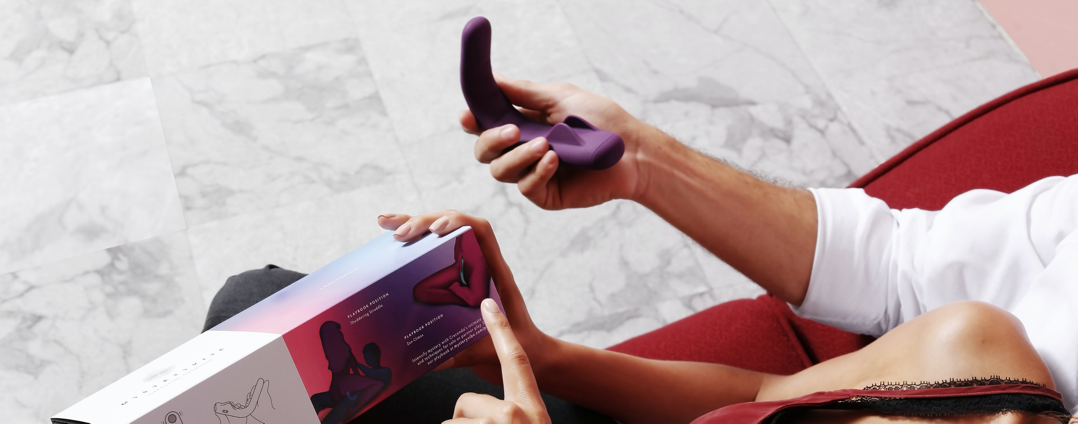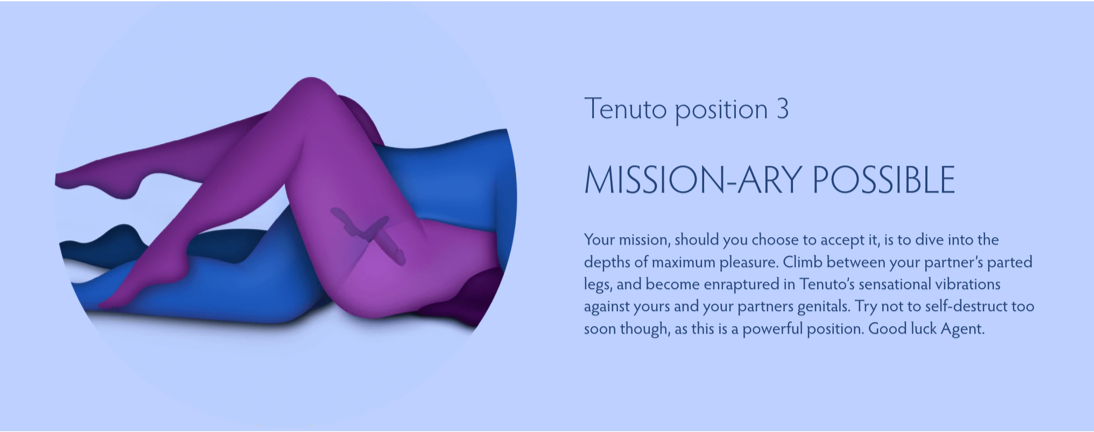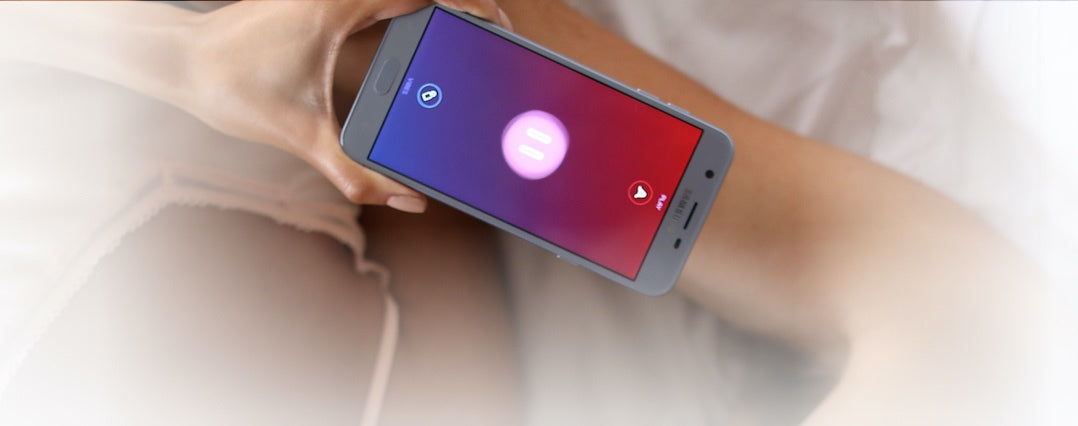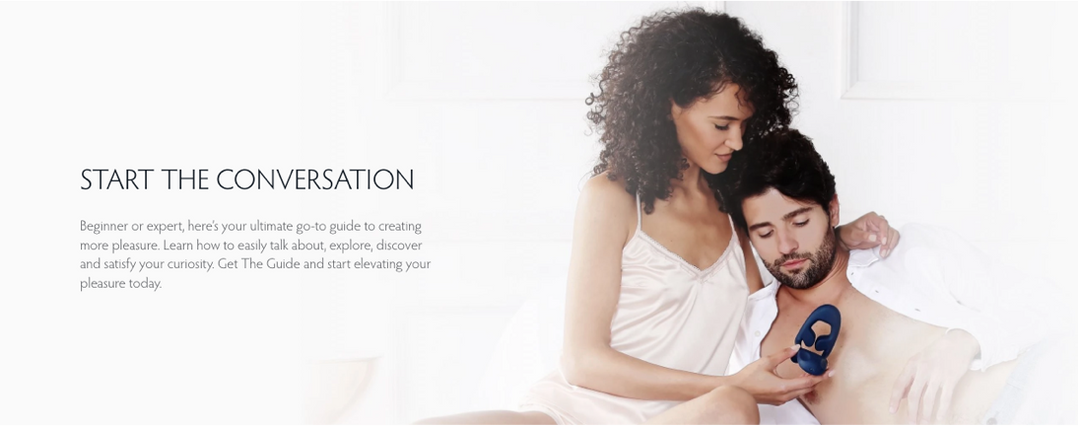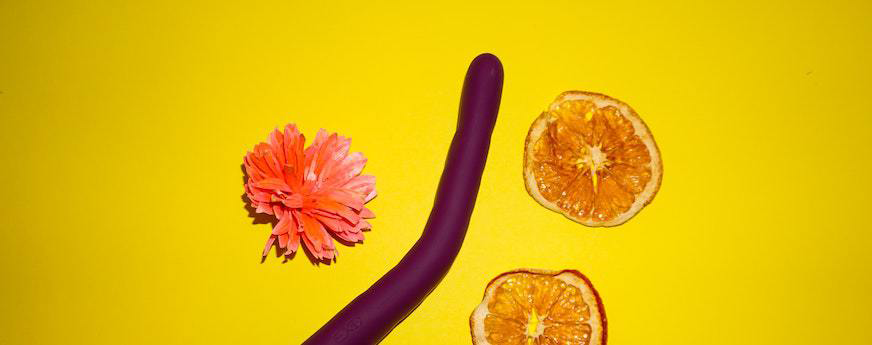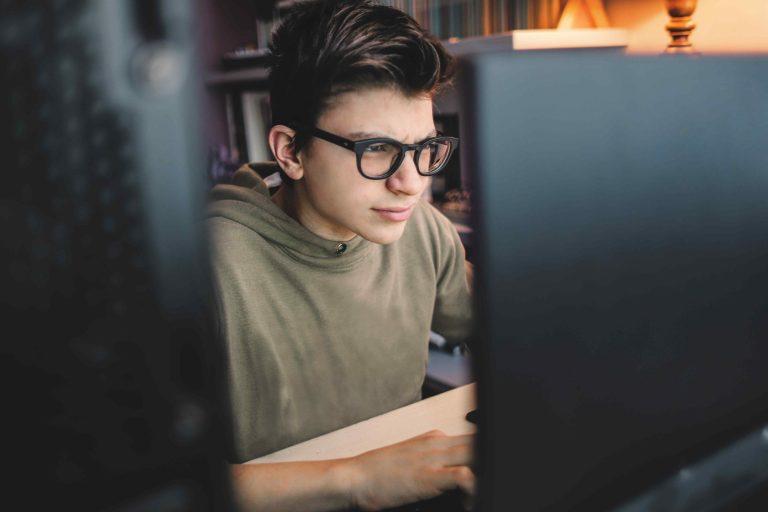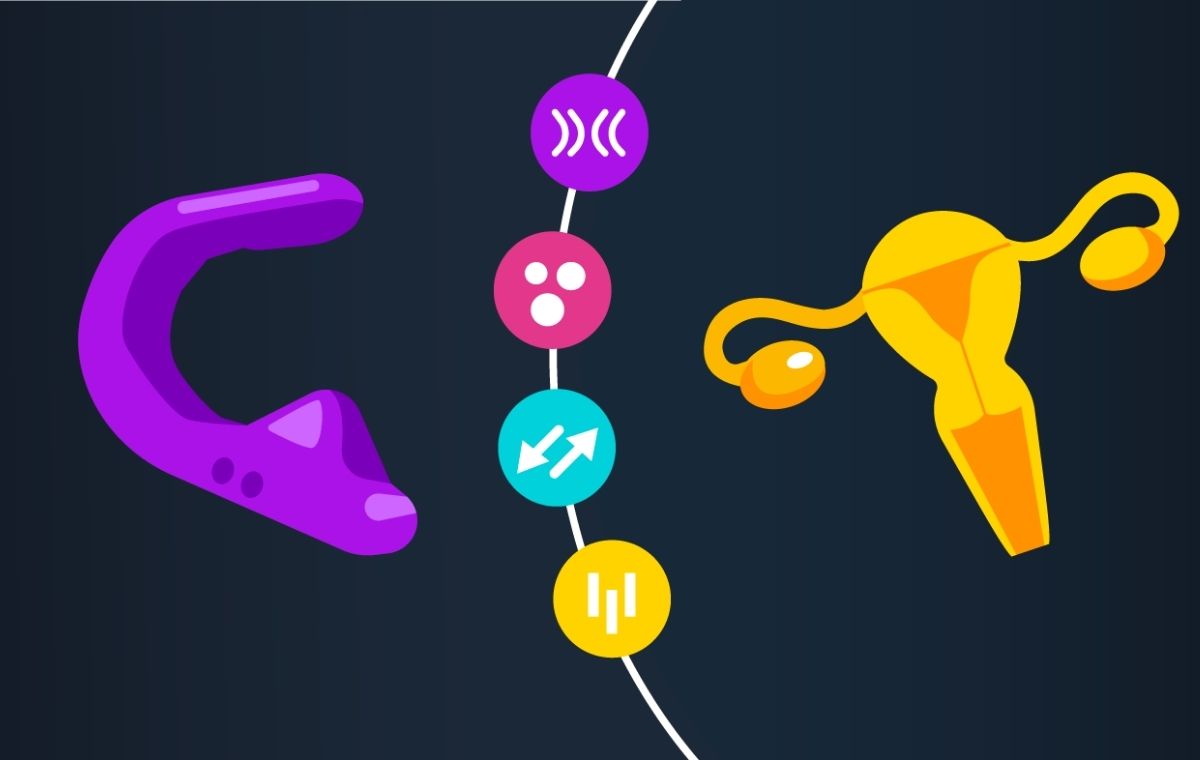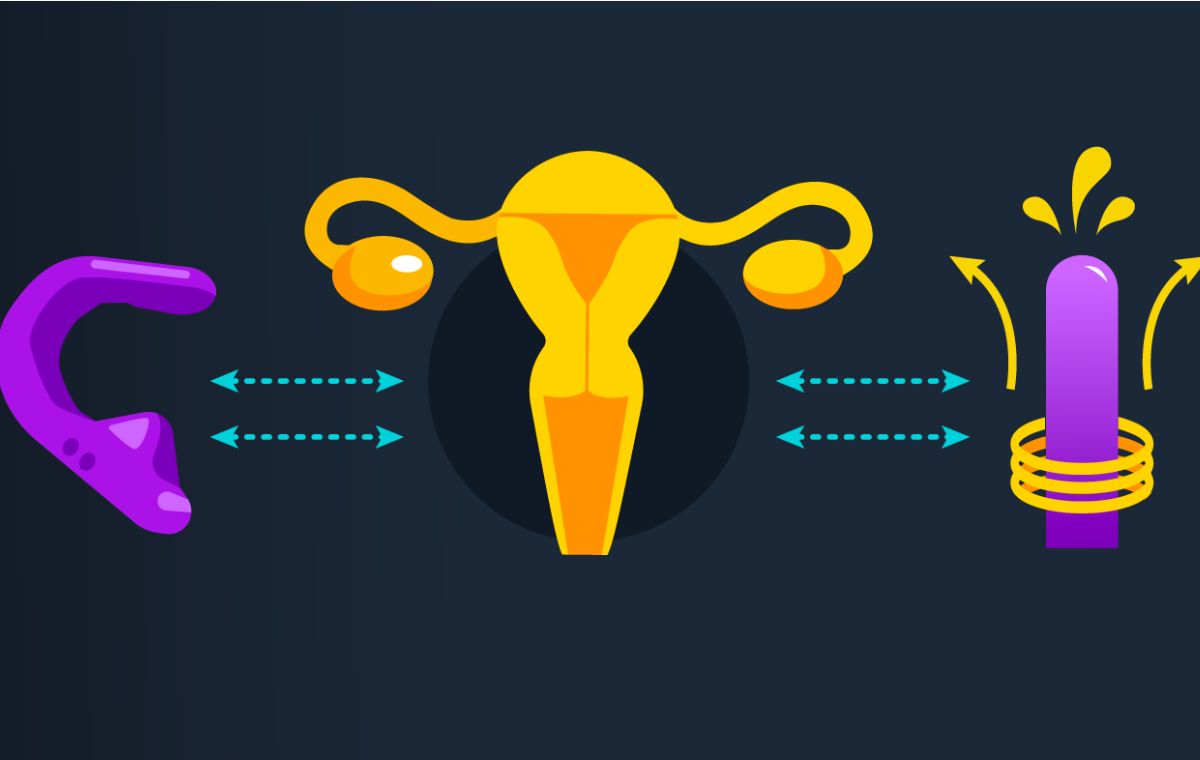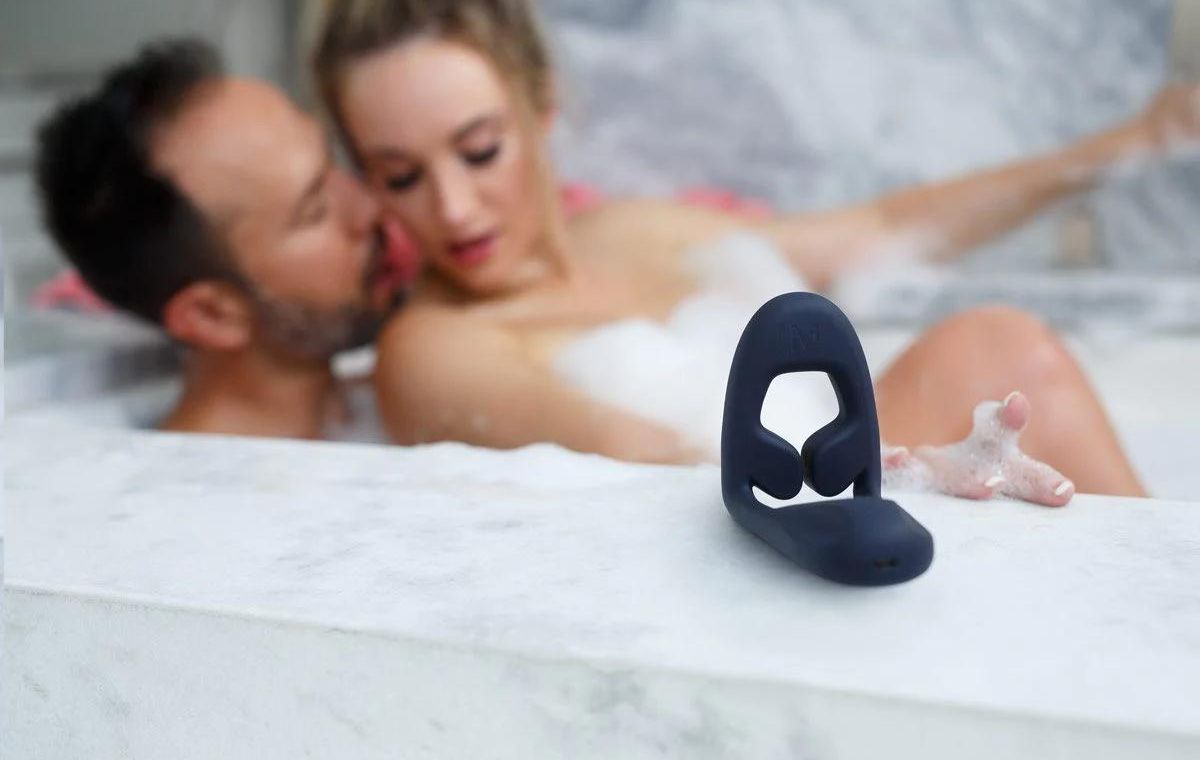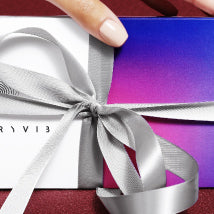Porn: it’s a conversation no parent looks forward to having with their child. Even if you’re a liberal, free wheelin’ kind of person comfortable in your own sexuality, most of us face a dilemma when talking to our kids about porn. How do you ensure that you strike a balance between being a good caretaker concerned with your child’s mental and physical well-being, while also acknowledging that your child may simply be exploring their sexuality? How do you stop yourself from becoming embarrassed, flustered or judgmental?
It doesn’t need to be a traumatic experience. With a bit of preparation, you’ll be able to handle the conversation coolly and calmly and do the right thing by your child in guiding them.
With an estimated 90 per cent of boys and 60 per cent of girls viewing adult content by the age of 18, what is clear is that talking to your children about porn is as teaching them to cross the road. In fact, you could argue that not talking to them is a form of negligence, considering just how much time we now all spend online.
Why do I watch porn?
Firstly, you need to wise up. With luck, you can plan when you talk to your children about porn, before they see it in the first place. But oftentimes, the topic comes up because the child has viewed the content and the conversation has to be had unexpectedly. In either case, figuring out ahead of time what YOU think and feel about porn will help you considerably when it comes to handling ‘The Talk’.
Maybe you enjoy watching porn with a partner and feel comfortable navigating tube sites, perhaps you’re one of the 1 in 3 women that watches it for solo pleasure, or maybe you’ve never been interested and find it all a bit seedy. In any case, you need to understand that your attitude to it will influence theirs. So equally, if you don’t know what you think because you feel out of your depth, that anxiety and feeling of confusion will transmit to your kids. Do you think it’s wrong if you’re single but right if shared with a partner? Do you see it as something that can aid a monogamous relationship? Or do you feel that if you were only ‘enough’ for a partner, they would never look at porn? Or maybe you think porn viewing is a private matter? There are multiple view on pornography so we can’t tell you what to think. But think carefully about what you believe and what you want to impress to your child before it gets to that stage.
The truth about porn
Mainstream pornography is a multi-dollar global business. 20 per cent of all mobile device searches are for porn, while 90 per cent of boys and 60 per cent of girls are exposed to internet porn by the age of 18. Solo cammers (web-cam performers) or independent productions including ethical, feminist and queer porn make up a tiny chunk of adult content online (around 2 per cent).
Mainstream pornography is a legal business, provided the acts depicted in the content are legal to engage in with another consenting adult. Porn becomes illegal when the participants are under age, performing illegal sex acts (which differ according to the country in which you doing and / or viewing them) and when performers are coerced (something that’s nearly impossible to know when you are viewing).
Porn becomes ethically complicated when the acts depicted are legal but the context in which they appear suggest violence, coercion, or assault, something which is often related to the captions that go with the videos (‘watch blonde teen get slammed by three cocks’, for example). This is the tricky bit for children and young people – how do you know that they have understood that porn is meant to be performative, the acts done to entertain and elicit a reaction, rather than to suggest that violence or acts that cause someone to cry out in discomfort is the norm?
In order to successfully navigate the conversation with your child, you’re going to need to have processed this difference and be ready to explain it. The difference between right and wrong might be something you are confident your child knows. But there’s a core difference when it comes to being able to filter between right and wrong porn acts compared with what we see in a Hollywood action movie. That difference is the open cultural conversation we have around what goes on in action movies. Nobody talks publicly and consistently about what the right and wrong porn-inspired sex acts are. Besides, if you’re confident your child has never had sex, they have little to no context for understanding pornography.
How to start talking to your child about porn
Before you have The Chat, you need to ascertain just exactly what your child already knows. This is likely to differ depending on their age.
At school in the UK, under 11s are taught about what bodies do, the correct name for body parts, and an explanation of the difference between a ‘good’ and ‘bad’ touch (e the basics of consent). They aren’t generally taught about porn but they are encouraged to ask questions between the ages of 9 and 11 which will be answered if they are about adult content or imagery.
11 to 16 year-olds are taught more extensively about sexual intercourse and attraction to other people, consent, sexting, making explicit images of themselves, and pornography although
the exact details and quality of this varies wildly between schools, what staff they have to help them deliver the information, and what religious ethos the school takes (currently secondary schools can opt out of teaching pupils about homosexuality and certain kinds of contraception, for example).
You may or may not have had a conversation with your kids about their bodies or sex, preferring to leave it up to their school, so if you haven’t done that, start there first. What are you sure they understand? This is really important to ascertain before you go onto the next stage.
Of course, if your kids are digital natives, there’s every chance they’ve already accessed adult content, either by searching themselves, or as a result of a peer sharing it with them.
Referencing back to what they were taught in a lesson at school is a good starting point, it gives you something to hook the conversation onto.
So start with an impartial open question. ‘How was the PSE lesson today?’ Their initial response – whether they meet the question with reticence, embarrassment or a desire to engage will help you judge how to continue the conversation. If you think they’re going to find the P Word difficult to use, you can bring it up with something like, ‘I think they were going to talk about something like porn on the internet, weren’t they?’ then ‘did they teach the class anything they didn’t know?’
If it’s a tricky conversation for both of you, ask open questions that can be about the class and participants generally rather than your child directly. As you both start to warm up and get more comfortable with the topic, move to personally-related questions or remarks – ‘was there anything else you wanted to know that wasn’t talked about?’
Remember – how you start talking to them about this now will affect every subsequent conversation you have with them. Your aim is to create an ongoing open dialogue where they feel comfortable coming to you, should they have a serious problem later on. That means no passing judgment, no shame, and no interrogation.
What to do if you catch your child watching porn
Scenario – you come home, turn on a device your child or young person has access to, and find they’ve been browsing adult content. What do you do?
There are several possible responses. Firstly, decide what you want out of a confrontation. Is it to reassure them that what they’ve been doing is ok? Is it to question the nature of what they’ve been looking at? Is it to steer them away from adult content if they are pre-teen/pre-adolescent? Starting a conversation with, ‘I’ve seen what you’ve been looking at,’ with no real purpose isn’t that helpful or healthy.

Next, ask yourself how you’re going to address the fact you’ve been monitoring their internet use without them feeling as though you’re snooping on them. With younger children used to be supervised it’s less of an issue, but with older children and teens, unless you are severely worried about what they’ve been looking at, it might be easier to have a hypothetical conversation linked to a news story you’ve read about porn. Of course, if you think they’ve been looking at something particularly violent, or illegal, you will need to tell them the truth and deal with accordingly, pointing out how much trouble they could get into for browsing that (if you’re not sure what’s illegal, you can check out the Government’s guidelines here). It may also be important to say, ‘I’ve never looked before, but today..’ to reassure them their privacy has not been routinely breached.
Whatever your intention with the conversation, it’s important that you stress you understand that they are curious – and that it’s human nature to be curious. Don’t blame them for their curiosity and bear in mind that any shame they feel as a result of this conversation is likely to stay with them for life. But do steer them towards more positive forms of information, such as Bish’s website (where you can also download your own resources to talk through the issues with them) or if you think what they’ve been looking at is unhelpful or damaging, and in order to give them a really good grounding in what good sex looks and feels like. If they are an older child or teen that you feel certain will want to keep accessing porn and you have an ethical issue with mainstream pornography, you might want to direct them towards more ethical porn sites such as Erika Lust or Anna Richard’s Frolic Me, or Joybear, and to explain that it’s hard to know on tube sites whether the performers have been paid fairly or treated well to make the content.
The most important thing is to stay calm, open and non-judgmental, even if you are internally panicking. Your child is far more likely to open up to you about what they are viewing and how frequently if you maintain this state.
Whatever your personal view of porn, it’s important to remember that there has not yet been any proven causal link between watching porn and committing violent acts or engaging in violent sex, or being unable to maintain an adult connection and relationship. It’s true that some people with emotional problems or trouble connecting to others watch porn and that watching porn exacerbates those problems for them. It’s also true that some men (and women) suffer physiological arousal issues as a result of over-exposure to porn. But it’s not an inevitable consequence of porn-viewing. What has been found, however, is that a liberal, educated and open attitude to sex and sexuality at home is the biggest determiner of a child’s sexual and emotional maturity later in life. So do the best thing by your child and prepare to talk to them about porn. Their future partners will thank you for it.




